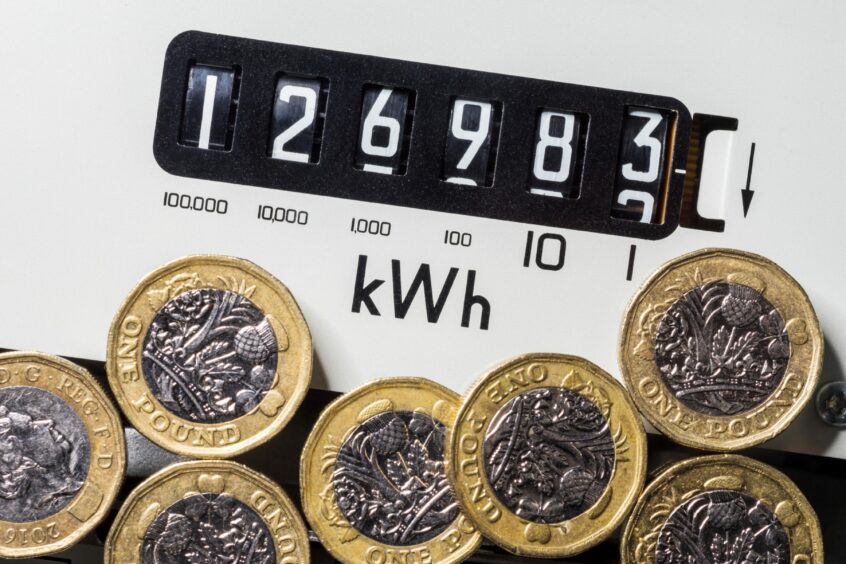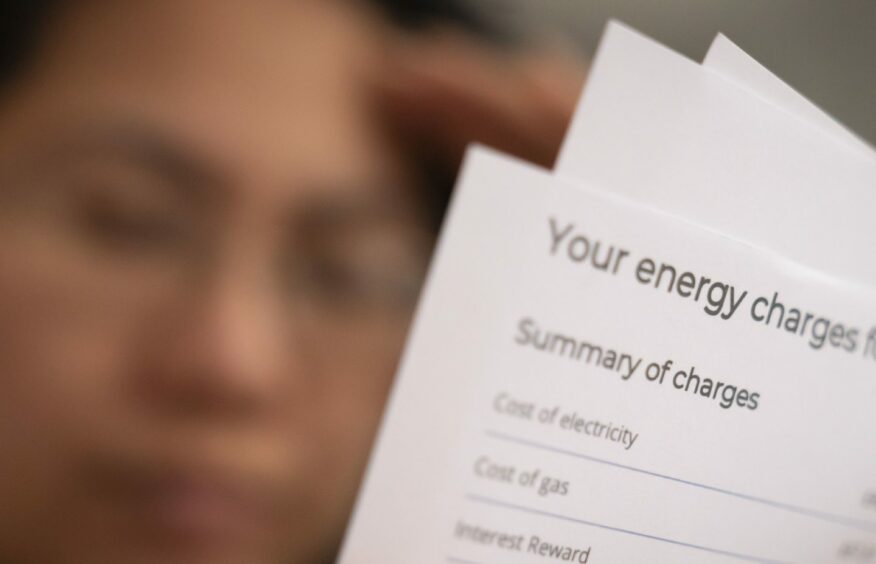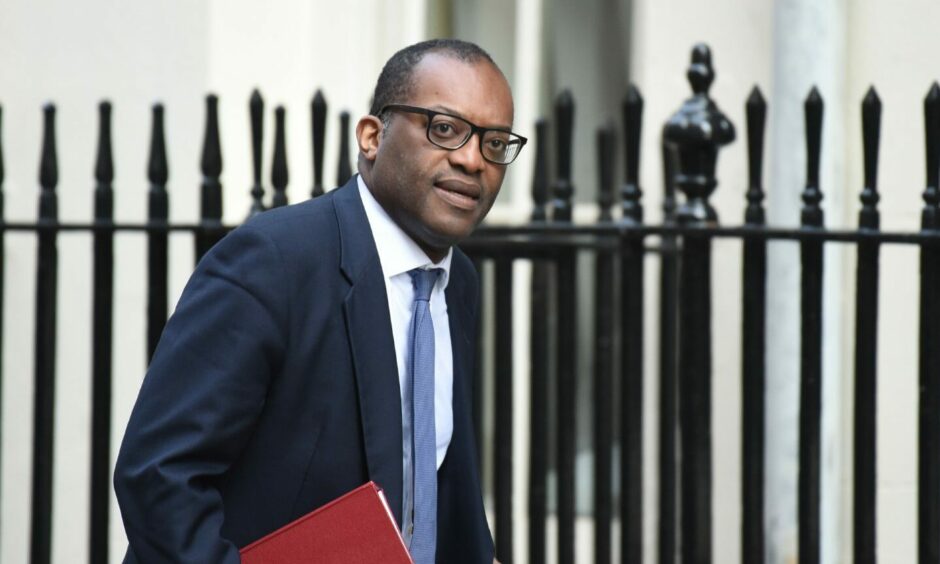Highland hospitality group Cru Holdings says government needs to put some “more meat on the bones” of the latest energy bills help announcement.
Chancellor Kwasi Kwarteng has pledged to slash the wholesale cost of gas and electricity for businesses, public services and charities.
The scheme will run for six months, starting in October.
The “supported wholesale price” is expected to be £211 per MWh for electricity and £75 per MWh for gas.
This is around half the expected wholesale price on the open market. It is equivalent to the cap on household energy bills that will be set this October and run for two years.
It’s not even a sticking plaster – it’s spin”
Cru Holdings managing director Scott Murray
However, Cru Holdings managing director Scott Murray was scathing of the plans which he likened to the diluted effect of this year’s 5p cut on fuel, which hardly dented the cost of filling up a tank.
Mr Murray said: “Until they put some meat on the bones how are they going to address the end user price, it’s not even a sticking plaster to be honest, it’s spin. There is no guarantee anything announced today is going to reach the end user.
“Wholesale prices have been cut but that does not guarantee savings are passed on to the end user. When we saw the 5p cut off a litre of petrol on the forecourt, that didn’t really filter down to people filling their tanks and it could end up going the same way here.
For a government to allow that is poor and irresponsible”
Cru Holdings managing director Scott Murray
“Unless they step in and actually do something about supplier mark-ups on energy, then there is really no guarantee we will see the benefit.
Record profits
“Right now, all the energy firms are posting record profits which is hugely distasteful considering there are people taking their own lives because they don’t know how they are going to make it through the winter.
“These guys are boasting about record dividends. For a government to allow that to happen is poor and irresponsible.”
Mr Murray noted the cap would only be valid for contracts from April 1 this year and that all of his deals are “still in play”. He says today’s announcement would have “absolutely zero impact”, This is because, he says, “we don’t have any contracts we have entered into post-April this year”.
The Cru Holdings chief pointed to other European countries. He noted they sourced their energy from “the same places as the UK” but that their costs were significantly lower.
He added: “The government needs to look at that to keep it fair for consumers and businesses.”
Mr Murray also underscored addressing the thorny issues of VAT and business rates. The government may address this later this week in its so-called ‘fiscal event’ expected to happen on Friday.
Basket of rising business costs
“We all know hospitality is run on the most slender of margins anyway. Between the cost of living increases, staff wage increases, VAT at 20%, business rates kicking in at 100%, energy costs multiplying by 400%, 500%, there is nothing left to play with,” added Mr Murray.
“Everybody is going to be operating in the red. They need to take a holistic view of the entire basket of costs.
“You could cut supplier mark-up by hundreds of per cent and still leave them with a more than viable business. And leave the rest of us with a living.”
Federation of Small Businesses Scotland welcomes measures
However, Federation of Small Businesses (FSB) Scotland policy chairman Andrew McRae welcomed the “tangible support” for Scotland’s small firms, adding: “It cannot come a moment too soon.
“For those who were facing four or fivefold increases in their bills, a reduction on the cost per unit will provide some welcome relief. It will allow them to plan their way through surviving the winter.”
The FSB has called on the government and energy suppliers to introduce a discretionary funding pot. They say it would be “for all businesses that fall outside the scope of today’s support”.
This would be similar to the £150 million created for those households who don’t pay council tax.
Mr Kwarteng said the government had acted to ‘stop businesses collapsing”, while also protecting jobs and limiting inflation.
How does it work?
The support a business receives will depend on what kind of contract it has with its energy supplier.
Those which signed fixed-price energy deals on or before April 1 this year will see the wholesale part of their bill capped automatically. Those which entered new fixed-price contracts after October 1 will get the same support.
Companies on default, deemed or variable tariffs will be given a per-unit discount. However, the amount of support they can get is limited.
If the price on wholesale gas and electricity markets keeps soaring, their bills will go beyond those on fixed-price deals.
The support package includes plans for a review period halfway through. The government will try to decide how to continue supporting the most vulnerable businesses after the scheme ends.




Conversation